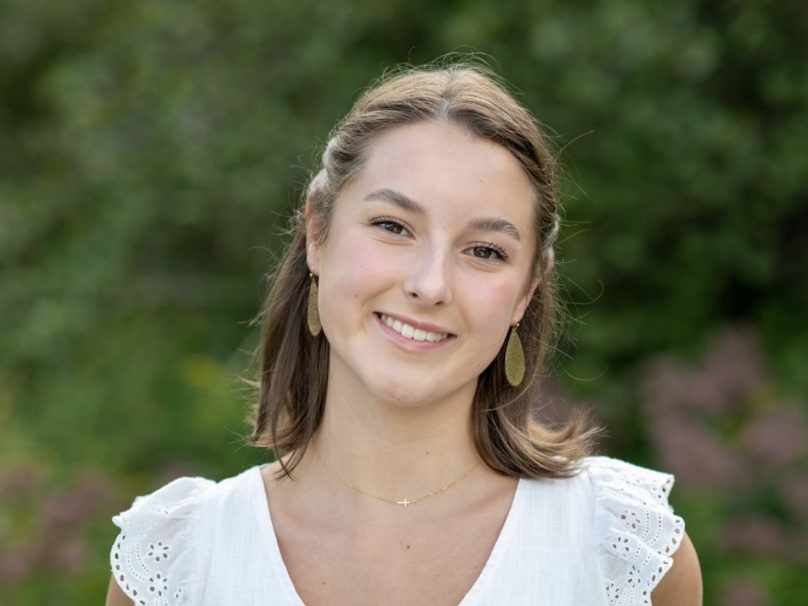There has been a lot of talk about how guidance counselors are switching in and out of WHS for a couple of years now. Several students have raised questions about why it’s been that way, especially since guidance counselors are students go-to people to discuss the college planning process and for social and emotional support.
Alex Pilger is the new head of the Counseling Department. He previously worked as a guidance counselor at Oakmont Regional High School, about an hour away, before coming to WHS. He didn’t always want to be a guidance counselor though.
“Before I wanted to be a guidance counselor, for a long time, I thought I wanted to be a veterinarian.” He used to work at a veterinary clinic as an assistant, and decided that it wasn’t for him. He worked there in the first place, since it involved a lot of helping, and because as a young person he was excited to spend time with animals all day. He decided that the job wasn’t super helpful for him to know what he wanted his career to look like.
Pilger never specifically had someone inspire him to do guidance counseling, but he always knew he wanted to help people. Always being around educators sort of gave him that idea. His mother worked as a school-based speech and language pathologist at an elementary school and his wife is also a teacher. He wasn’t a fan of all of the grading and lesson planning he saw his wife work on, so he decided teaching wouldn’t be his thing.
Pilger didn’t even remember his guidance counselors in high school because, like here at WHS, he had 3-4 of them and never really formed a relationship with any of them. He went to UMass Amherst for graduate school for guidance counseling after he studied Biology and Neuroscience at Brandeis University, which he didn’t end up enjoying much. At the graduate school, there was a time when people gathered around and shared memories of their high school guidance counselor.
“A lot of people in that circle told stories that were either glowing or some horror stories. Some people said they had a terrible counselor and I just wanted to do better than, y’know what I was given. And then they came to me and I was like, ‘I don’t remember who my guidance counselor was.’” He, like everyone else at one point in their lives, thought that narrowing down a career would be easy: “When I was younger, I thought that what would happen is one day a lightbulb would go off in my head and I’d be like ‘I know what I wanna do’ for the rest of my life”. He realized later on that he would be required to think more logically and analytically about what would work best for him as a job.
One of the reasons Pilger chose to work at WHS is because he was pretty familiar with the school before he started working here. He’d been living in Hopkinton for a while and his wife also performs in a community band that uses the WHS auditorium once a week. He also has a golf membership at the Westborough Country Club for the past couple of years and played with some of the members of the WHS golf teams. He heard some of the students talk about how their guidance counselors were always changing and how they didn’t know many of them.
“I know it might sound like a bad thing, but I saw it as kind of an opportunity to change the culture a little bit. My job is to not only be a counselor for students but it’s also to be the head of the department.” He felt capable of dealing with the dynamic of student-counselor responsibilities and the counseling department itself as a whole, so he was very excited to be to be given that opportunity.
In his free time, Pilger likes to spend time with his cats, Julius and Titus, play golf, watch sports such as football, and go to concerts in Boston. He also likes traveling: “One of the great things about working in a school and having my wife also be a teacher is that we have summers off together and we both like to travel.” He’s also eaten foods from a lot of different cultures and attempts to recreate those dishes in his kitchen.
Pilger’s future goals are to help his students as a guidance counselor to pursue their social, emotional, academic, and postsecondary needs and goals. As a department leader, he wants to create a system in the counseling department that will allow counselors to meet the needs of the student’s academic and non-academic objectives. You can find Mr. Pilger in the school counseling office. He, along with other counselors, will help students who are struggling with classes, stress, social situations, sadness, future plans, and basically anything else.


















